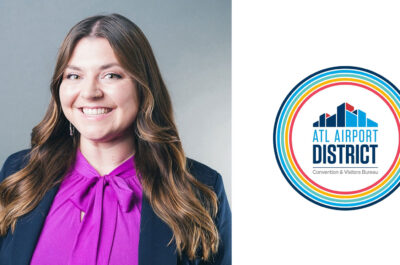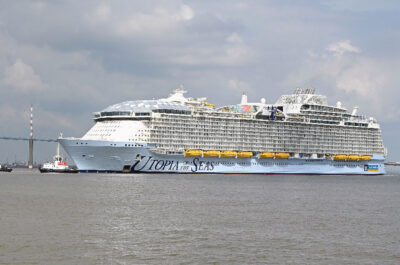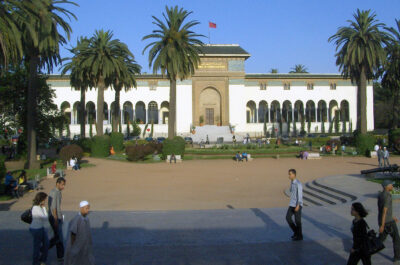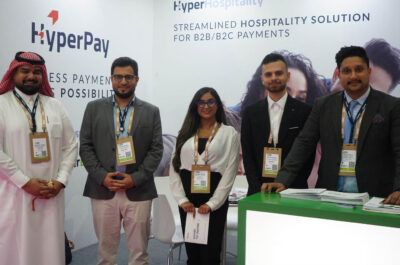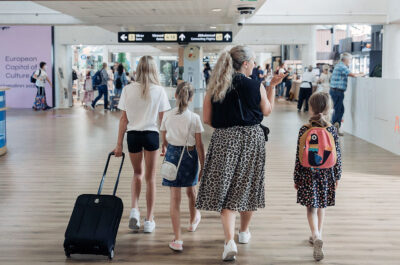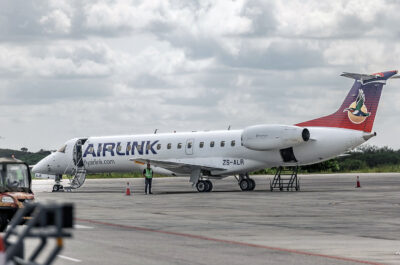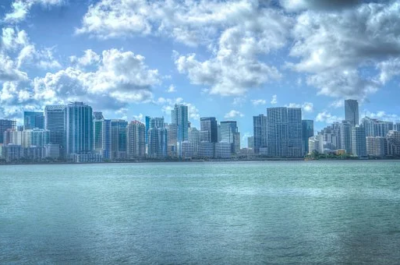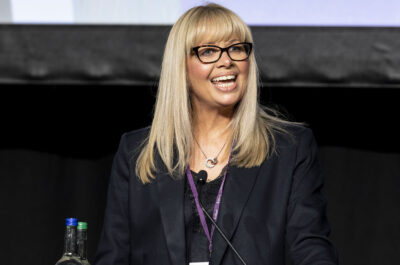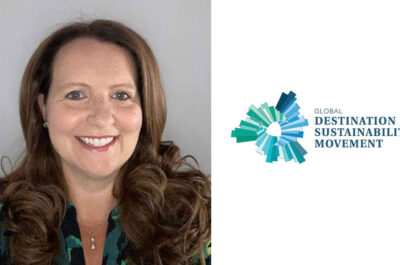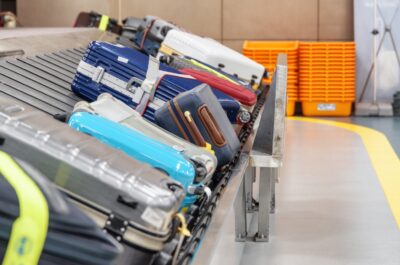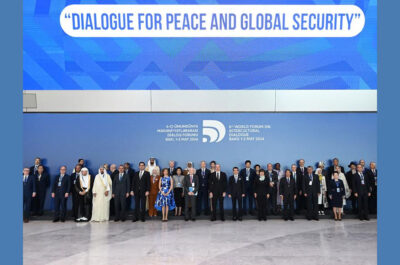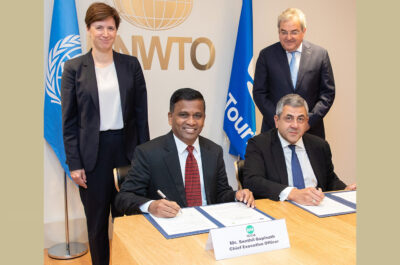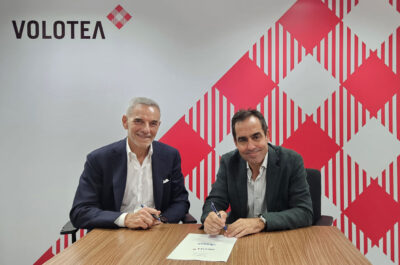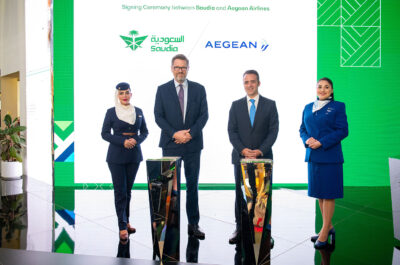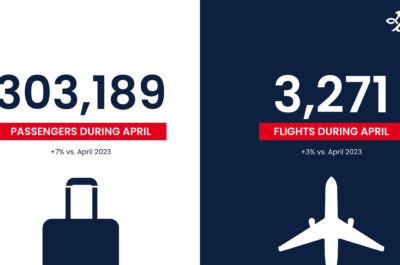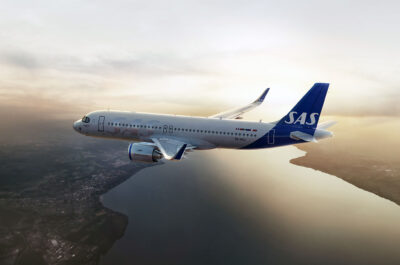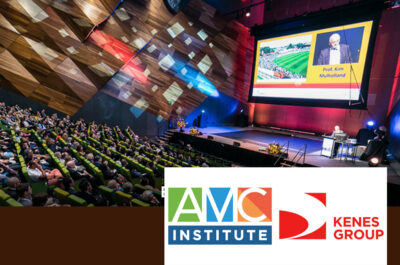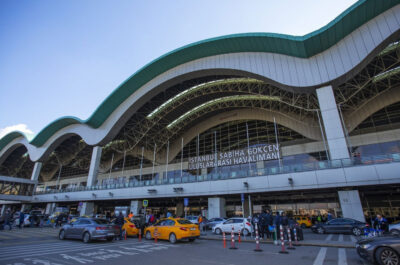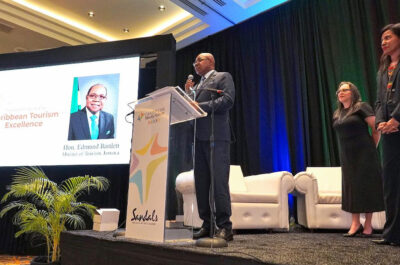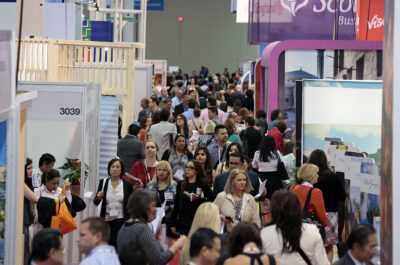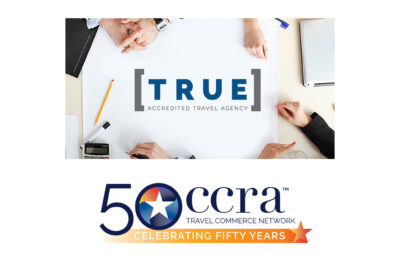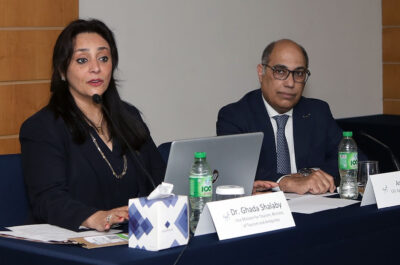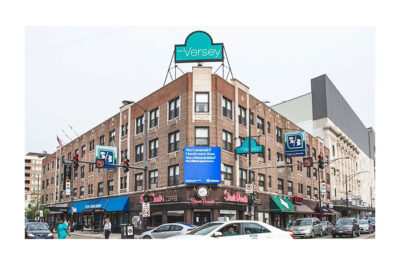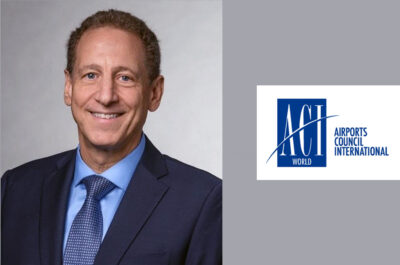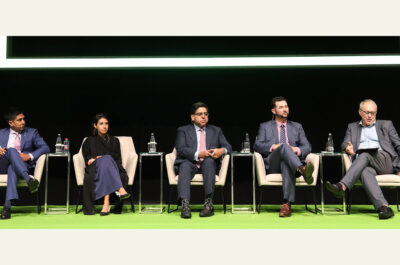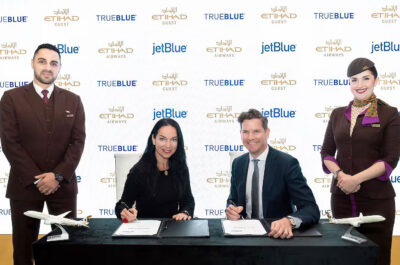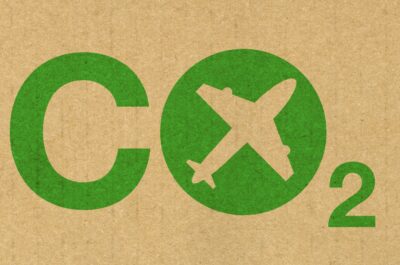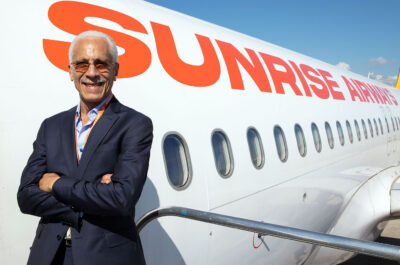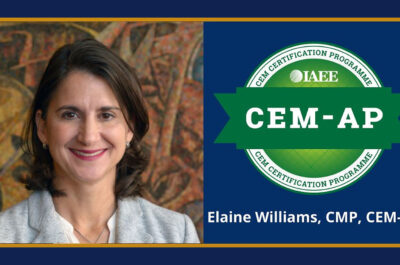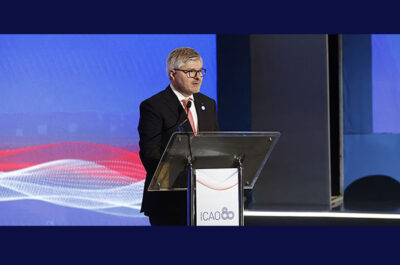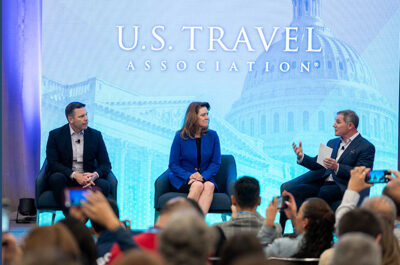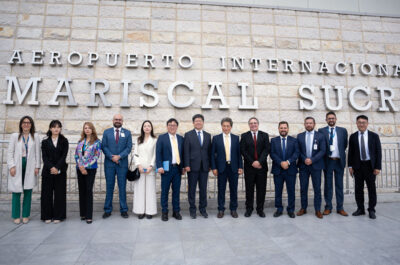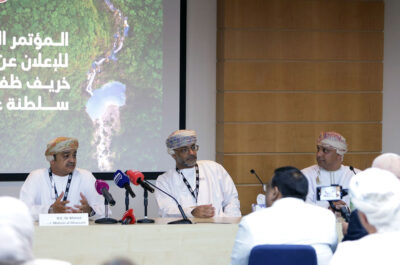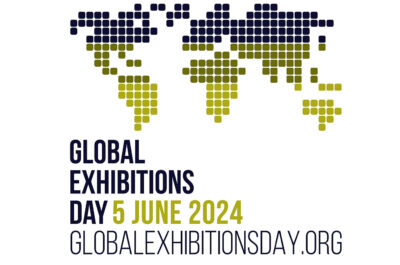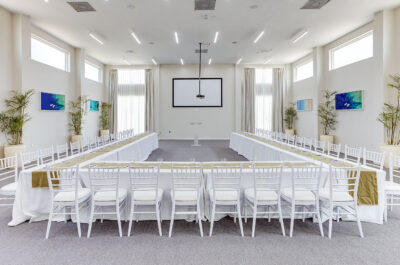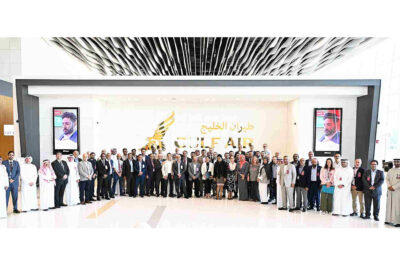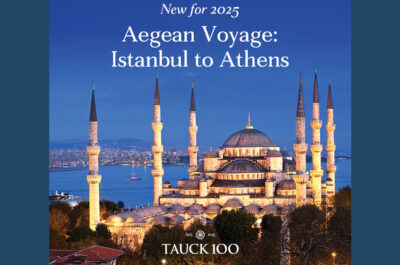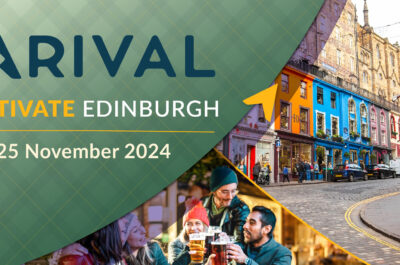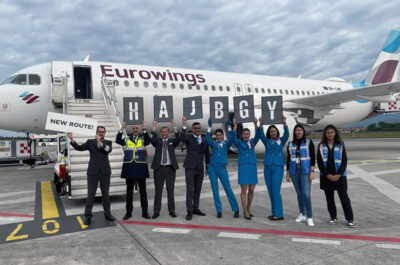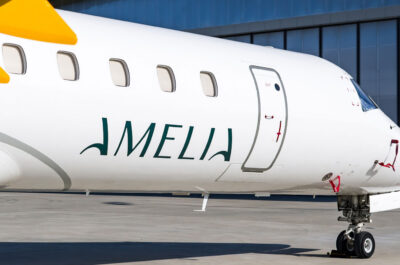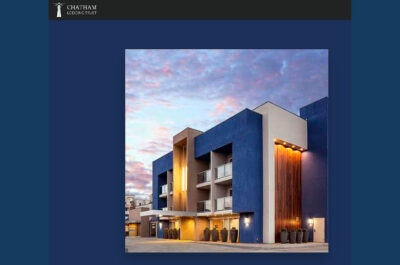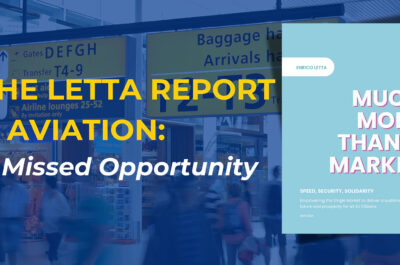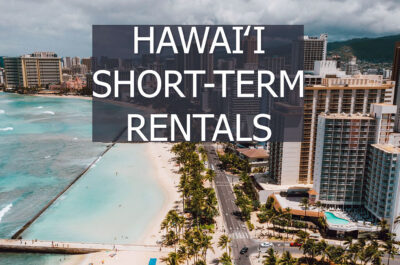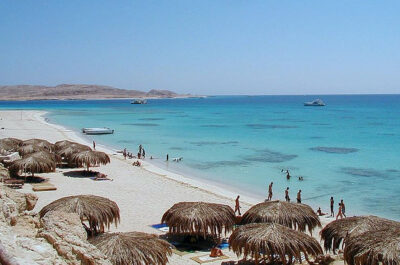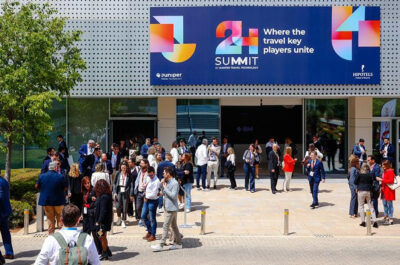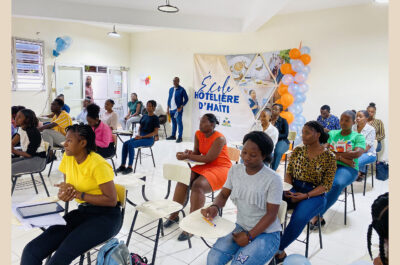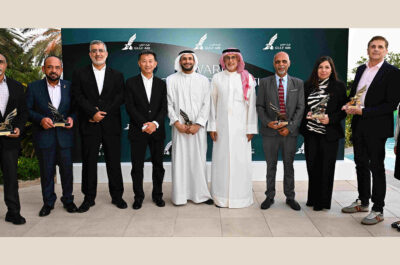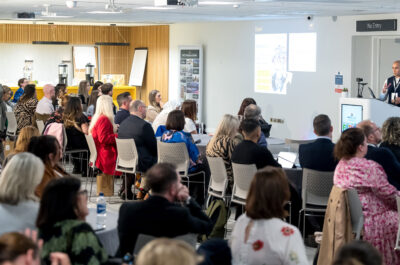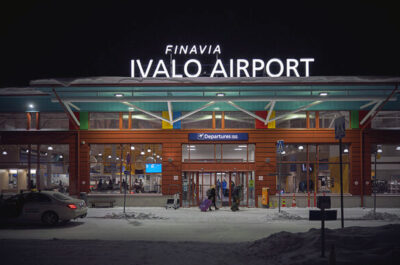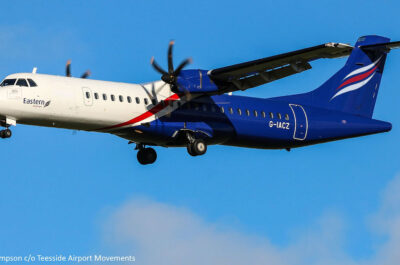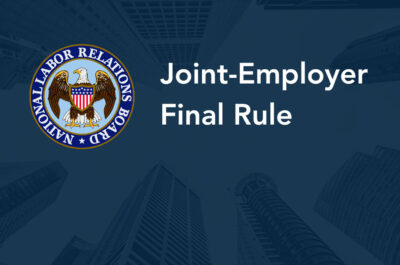The European Commission has adopted a Block Exemption Regulation revising the exemption IATA passenger tariff conferences have enjoyed from the EC Treaty’s ban on restrictive business practices (Article 81). For routes…
The European Commission has adopted a Block Exemption Regulation revising the exemption IATA passenger tariff conferences have enjoyed from the EC Treaty’s ban on restrictive business practices (Article 81). For routes within the EU, tariff conferences will no longer be exempted as of 1 January 2007.
The Regulation exempts tariff conferences on routes between the EU and the US or Australia until 30 June 2007 and routes between the EU and other non-EU countries until 31 October 2007. However airlines benefiting from the block exemption on routes between EU and non-EU countries must provide the Commission with data on interlining to allow the Commission to consider whether the exemption for those routes should be extended beyond those dates. The new Regulation will also end the block exemption for IATA slots and scheduling conferences.
Competition Commissioner Neelie Kroes said “IATA passenger tariff conferences appear to facilitate interlining on routes to third countries, but I do not have sufficient assurances that they continue to benefit passengers on journeys within the EU. The possible prolongation beyond 2007 of the exemption for tariff conferences on routes to non-EU countries depends on the provision of data showing that IATA interlining continues to benefit consumers.”
A block exemption Regulation defines types of agreements which are compatible with EU competition rules provided that the agreements meet the conditions laid down in the Regulation. In the absence of a block exemption, individual companies are responsible for ensuring that their agreements are compatible with the competition rules. Since 1993, the Commission has granted a block exemption from the competition rules for tariff conferences and slots and scheduling conferences organised under the auspices of the International Air Transport Association (IATA), the trade association representing some 260 airlines worldwide.
Interlining occurs when a passenger flies with the same ticket with two or more carriers. Interlining allows consumers to combine the services of different airlines and makes multi-carrier journeys seamless: at a transit airport, passengers do not have to collect their luggage and check in again and their baggage will automatically follow through to their final destination. The IATA interlining system is one of four types of interlining systems that exist, the others being global airline alliances, code-share agreements and bilateral interlining agreements. IATA interlining operates at prices agreed by all airlines together in the IATA tariff conferences.
The new Block Exemption Regulation was adopted after extensive consultations with industry, trade and consumer organisations, and national authorities. These consultations showed that interlining benefits consumers, but that the importance of IATA interlining as part of overall interlining in the EU is relatively small, and several alternative forms of interlining are possible. As a result, for routes within the EU there is insufficient assurance that the benefits for consumers will continue to outweigh the risks of the restriction of competition arising from the price agreements reached within the IATA conferences. A continuation of the block exemption is therefore not justified. However, the consultations showed that on routes between the EU and third countries interlining is more important and so are the potential benefits of IATA interlining for consumers.
The American and Australian authorities are reviewing IATA’s exemptions for tariff conferences under their respective competition rules and should have taken first decisions by June 2007. It is therefore appropriate that the Commission reviews the situation within the same timeframe. On routes to other non-EU countries a 12 months transition (until October 2007) is appropriate for passenger tariff conferences.
IATA and its member airlines appear to be actively working towards the development of an alternative system to replace tariff conferences. The Commission welcomes this initiative provided that it helps preserve the benefits of IATA interlining for consumers whilst addressing the Commission’s competition concerns.
Slots and scheduling
The new Regulation also covers IATA slots and scheduling conferences. The consultations revealed that in their present form these conferences are clearly compatible with the competition rules. The legal certainty provided by a block exemption is therefore no longer needed and the Commission will not prolong the block exemption for slots and scheduling beyond 31st December 2006.
Theodore is the Co-Founder and Managing Editor of TravelDailyNews Media Network; his responsibilities include business development and planning for TravelDailyNews long-term opportunities.









